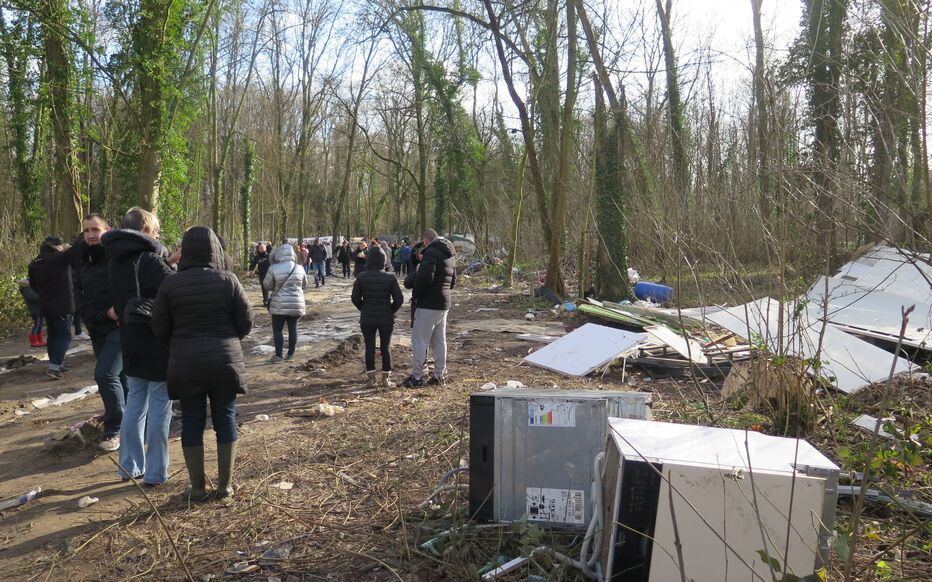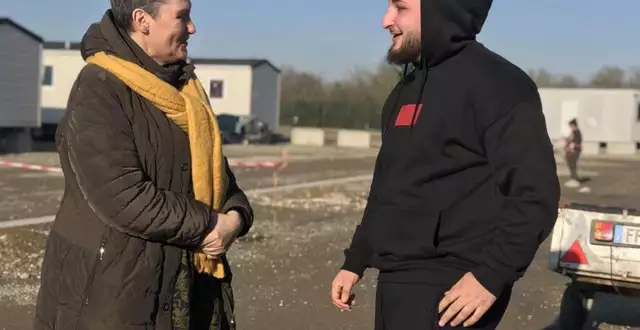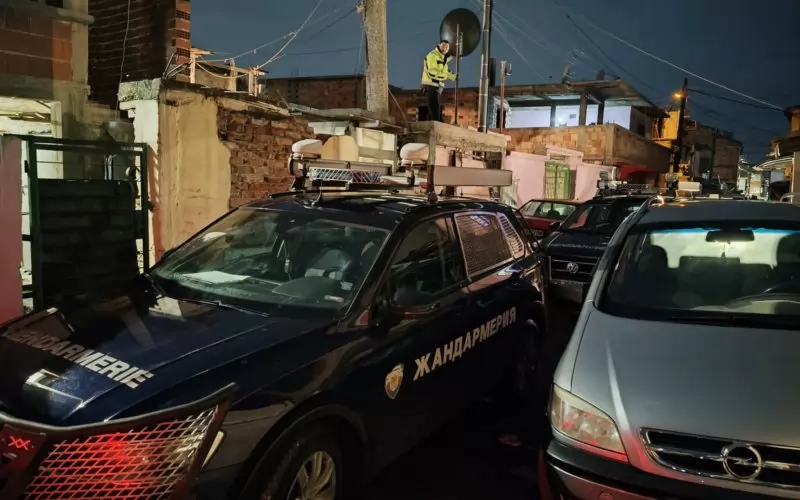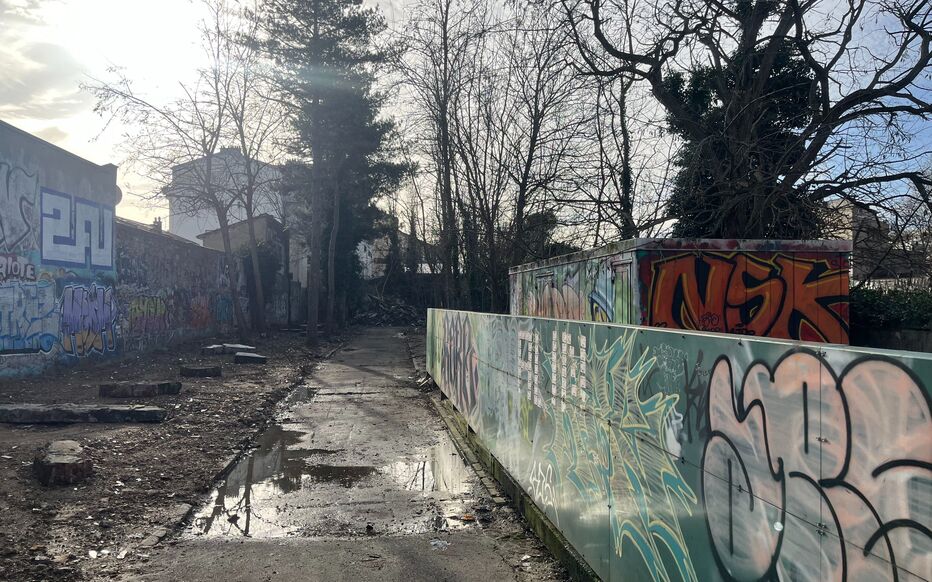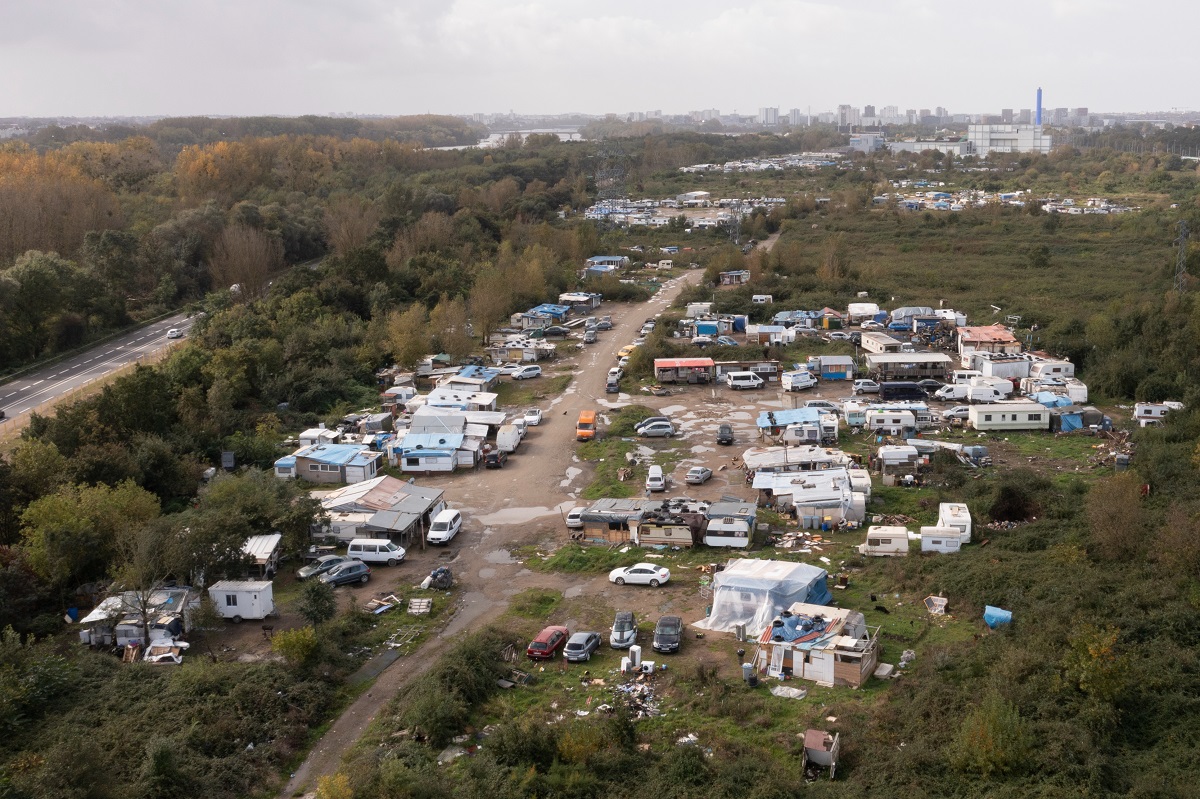Several French newspapers report about the ongoing evictions of illegal settlements. In Bègles, a suburb of Bordeaux, a community of about sixty Rroma were evicted from a former industrial area. The eviction was carried out at the request of the landowner, the real estate company Aquitanis, which will build houses on the abandoned land. The displaced Rroma were offered temporary accommodation, but most of them rejected it. The eviction endangers the school enrolment of about a dozen children, whose further school career is called into question. A representative of the organization ‘Right to Accommodation’ (Droit au Logement) justifiably criticized that the evictions will only solve local problems, but nothing would change for the concerned people in the long term. In Grasse, a house occupied by immigrant Rroma was cleared by the police, and several inhabitants had to be carried away by the police (France Bleu 2014/I, Lebaratoux 2014, Nice-Matin 2014, Sud Ouest 2014/I).
De Francesco (2014) reports on the eviction of three Rroma-settlements in Cran-Gevrier and in Annecy, in the Rhône-Alpes region, close to the Swiss border. The authorities carried out the evacuation in response to a court order from March. About 150 people had to leave their homes. The action was once again criticized by the organization ‘Right to Accommodation’, because it subverts and complicates the integration efforts of the Rroma. The local politician Anne Coste de Champeron justified the eviction with the untenable conditions in the camps. Politicians repeatedly use this reasoning to justify the many evictions. The fact that it is not the welfare of those affected, but the maintenance of order policy that has priority, is most often concealed. For a long-term, successful integration of Rroma, tolerance and support of illegal settlements is desirable (compare France Bleu 2014/II).
Le Creurer (2014) reports on displaced Rroma after an eviction in Nice. The affected Rroma have no intentions to return to Romania, as is the wish of the French authorities. Rather, they want a future in France. Without integration in the labour market and appropriate training, this will be only difficult to achieve. The efficiency of the mentioned integration programs has been hitherto fairly little critically discussed in the media. The approach seems to be more promising than to simply evict the Rroma from one place to the next. Noël Mamère , the mayor of Begles, also wishes a long-term and collective solution for the integration of Rroma. However, for this purpose a collective policy of all the suburbs of Bordeaux is required (compare Sud Ouest 2014/II).
Several French newspapers moreover report on the eviction of two Rroma settlements in Saint-Denis. The European Rroma Rights Centre had filed complaint against the eviction at the European Court of Human Rights: “The ERRC referred to two articles of the European Convention on Human Rights (3 and 8), to appraise that the present eviction is a “degrading and inhuman treatment” and that it “undermines the right to a private and family life”” (Sterlé 2014). The court called the French authorities for information about the conditions of the evacuation, the future accommodation of the displaced persons and the dimensions of the expulsions. The prefecture of Saint-Denis replied that they applied the usual social diagnoses and offered the affected alternative housing. For Manon Filloneau, from the European Rroma Rights Centre, the intervention of the court is a success, despite the lack of consequences. It shows the interest of the court for the situation of the Rroma in France (see Breson 2014, Le Point, 2014, Sterlé 2014).
- Breson, Martine (2014) Expulsions de Roms en Seine-Saint-Denis : la Cour européenne des Droits de l’Homme réagit. In: France Bleu online vom 24.4.2014. http://www.francebleu.fr/infos/expulsion-de-roms/expulsion-de-roms-en-seine-saint-denis-la-cour-europeenne-des-droits-de-l’homme-reagit-1474437
- Le Creurer, Olivier (2014) Quel avenir pour les Roms expulsés. In: France 3 Côte d’Azur online vom 25.4.2014. http://cote-d-azur.france3.fr/2014/04/25/quel-avenir-pour-les-roms-expulses-465957.html
- Le Point (2014) Deux campements roms évacués en région parisienne. In: Le Point online vom 24.4.2014. http://www.lepoint.fr/societe/deux-campements-roms-evacues-en-region-parisienne-24-04-2014-1815816_23.php
- De Francesco, Cécile Boujet (2014) Trois campements de Roms évacués puis démolis. In: Tribune de Genève online vom 28.4.2014. http://www.tdg.ch/geneve/france-voisine/Trois-campements-de-Roms-evacues-puis-demolis/story/30200633
- France Bleu (2014/I) Un campement de Roms évacué à Bègles. In: France Bleu online vom 29.4.2014. http://www.francebleu.fr/faits-divers/expulsion-de-roms/un-campement-de-roms-evacue-begles-1484295
- France Bleu (2014/II) 80 pneus crevés à Valence : suite à l’expulsion des Roms? In: France Bleu online vom 28.4.2014. http://www.francebleu.fr/infos/vandalisme/80-pneus-creves-valence-suite-l-expulsion-des-roms-1481731
- Lebaratoux, Yves (2014) Grasse : 25 roms, installés dans un squat, expulsés par les forces de l’ordre. In: France 3 Côte d’Azur online vom 30.4.2014. http://cote-d-azur.france3.fr/2014/04/30/grasse-25-roms-installes-dans-un-squat-expulses-par-les-forces-de-l-ordre-468725.html
- Nice-Matin (2014) Les Roms d’un squat de Grasse expulsés ce mercredi matin. In: Nice-Matin online vom 30.4.2014. http://www.nicematin.com/grasse/videos-les-roms-dun-squat-de-grasse-expulses-ce-mercredi-matin.1718254.html
- Sterlé, Carole (2014) Evacuation de Roms à Saint-Denis : la Cour européenne demande des comptes. In: Le Parisien online vom 24.4.2014. http://www.leparisien.fr/seine-saint-denis-93/evacuation-de-roms-a-saint-denis-la-cour-europeenne-demande-des-comptes-24-04-2014-3791439.php
- Sud Ouest (2014/I) 12 familles de Roms expulsées dans l’agglomération bordelaise. In: Sud Ouest online vom 29.4.2014. http://www.sudouest.fr/2014/04/29/12-familles-de-roms-expulsees-dans-l-agglomeration-bordelaise-1539437-2780.php
- Sud Ouest (2014/II) Accueil des Roms : pour Noël Mamère la situation doit se régler à l’échelle de l’agglomération bordelaise. In: Sud Ouest online vom 30.4.2014. http://www.sudouest.fr/2014/04/30/seul-on-ne-regle-rien-1539843-2760.php
